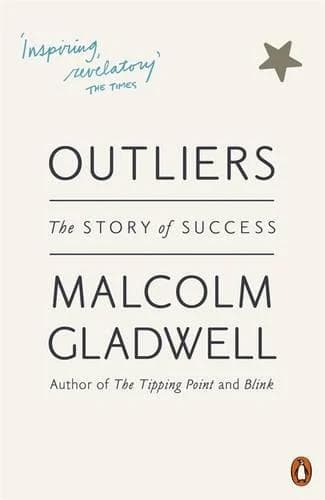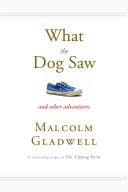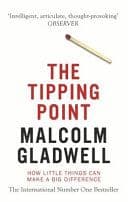
Talking to Strangers:
What We Should Know about the People We Don't Know
A gripping guidebook for troubled times.
DIFFICULTY
intermediate
PAGES
304
READ TIME
≈ 320 mins
DIFFICULTY
intermediate
PAGES
304
READ TIME
≈ 320 mins
About Talking to Strangers
In Talking to Strangers, Malcolm Gladwell asks a deceptively simple question: why are we so bad at judging people we don’t know? Drawing on psychology, criminology, and real-world cases, he argues that humans are wired to “default to truth”—we believe others because constant suspicion would make society impossible. That trust keeps the world running, but it also leaves us open to deception and tragedy.
Gladwell shows how easily we misread cues and context—mistaking confidence for honesty or guilt for innocence. From courtroom bail decisions to espionage scandals and misjudged police encounters, he reveals how these blind spots can turn deadly. His takeaway isn’t cynicism, but humility: trust, but understand its limits.
Talking to Strangers is both caution and invitation—to slow down, question first impressions, and design systems that account for human error rather than pretend it doesn’t exist.
What You'll Learn
- Tim Levine’s 'default to truth' theory and why we tend to believe others even when signals suggest otherwise
- How the illusion of transparency and misplaced confidence in reading faces and emotions lead to judgment errors
- How behaviour is 'coupled' to context, making circumstance crucial for interpreting actions
- Identify systemic risks in policing, justice, and institutions that arise from misreading strangers
Key Takeaways
- We default to truth when judging others
- Transparency is often an illusion
- Context and coupling shape behavior
- Lead with humility and caution




